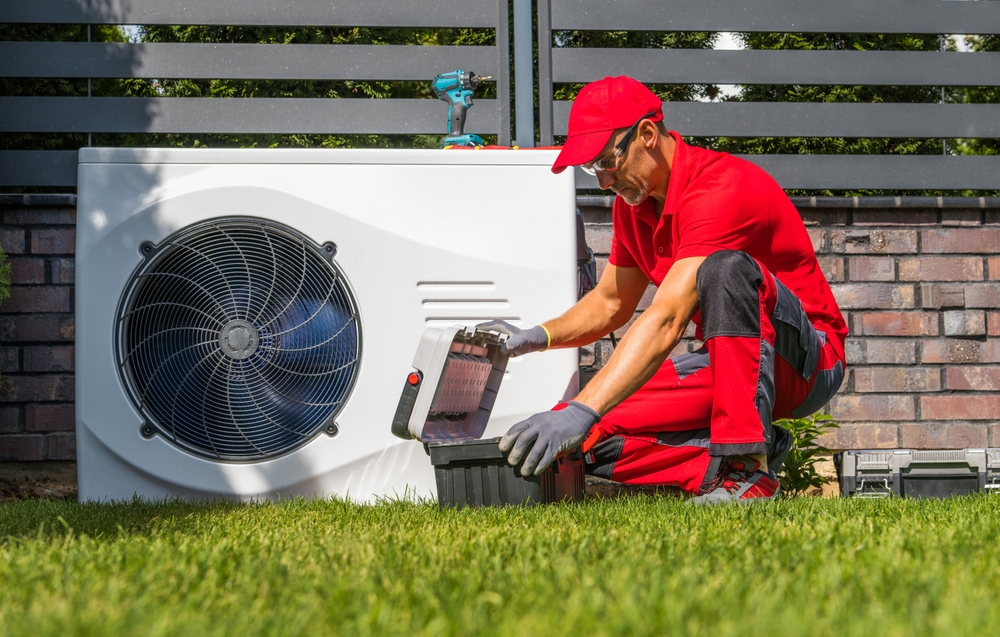The United Kingdom pressed ahead with its renewable energy objectives, recording an astonishing spike in solar panel and heat pump installations during the first half of 2023 in a resounding display of environmental dedication. This tremendous achievement not only demonstrates the country’s commitment to addressing climate change but also highlights the critical role that individual families are playing in driving the world toward a more sustainable future.
Solar panels shine brightly in the United Kingdom
In the face of a world yearning for greener energy, the United Kingdom has reached new heights, with a 62 percent rise in solar panel installations over the previous year. With almost 17,000 installations occurring on average each month, the nation’s families are backing this dramatic transition. The energy landscape is transforming, with rooftops serving as platforms to harness the sun’s beams for a brighter tomorrow.
“Installing solar on your roof is one of the best home improvements you can make and more and more people realize the financial and environmental benefits,” says Gareth Simkins of Solar Energy UK, as he reflects on the escalating wave of solar adoption.
Heat pumps: A warm embrace of sustainable comfort
The acceptance of sustainable technologies extends beyond solar panels, with heat pumps taking center stage. During the first half of the year, an astonishing 17,920 heat pumps were installed in UK households, thanks to readily available funding. These technologies, which can heat homes while leaving a low carbon footprint, represent a shift toward a more environmentally responsible way of life.
However, the journey is not without its difficulties. The paucity of qualified installers is a barrier to the rapid spread of heat pumps. In response to this worry, MCS, the industry’s authoritative standards body, emphasizes the need for 50,000 experienced personnel to accomplish the ambitious aim of 600,000 heat pump installations by 2028.
The United Kingdom’s audacious environmental goals
As the United Kingdom emerges as a leader in renewable energy development, it has set lofty goals, including a solar capacity of 70 gigatonnes by 2025 and the construction of 600,000 heat pumps by 2028. These goals demonstrate the country’s will to usher in a new era of sustainability and self-reliance.
Ian Rippin, Chief Executive of MCS, voices a rallying cry for collective action: “We need to continue to push this expansion to meet our shared national ambitions to reach net zero by 2050. More consumers have the confidence to invest in small-scale renewables now than ever, but we have to make that transition even easier.”
At the moment, small-scale renewables projects in the UK have a capacity of four gigatonnes, demonstrating the enormous potential of decentralized energy generation. This capacity eclipses even Europe’s largest gas power plant, demonstrating the powerful role distributed renewable energy can play in forging a better energy picture.
Bean Beanland, Director of External Affairs at the Heat Pump Federation, emphasizes the importance of accessibility as the journey toward sustainability progresses: “If this is coupled to genuine affordability and future funding package, then households will be able to contribute to climate change mitigation with confidence and at a cost that is fair to all.”
In a world pursuing environmental harmony, the United Kingdom’s burgeoning green energy installations provide a glimpse of what collective devotion, technological innovation, and individual effort may accomplish. The power of solar panels, heat pumps, and the persistent commitment of individual households illuminates the route to a greener, more sustainable future.











